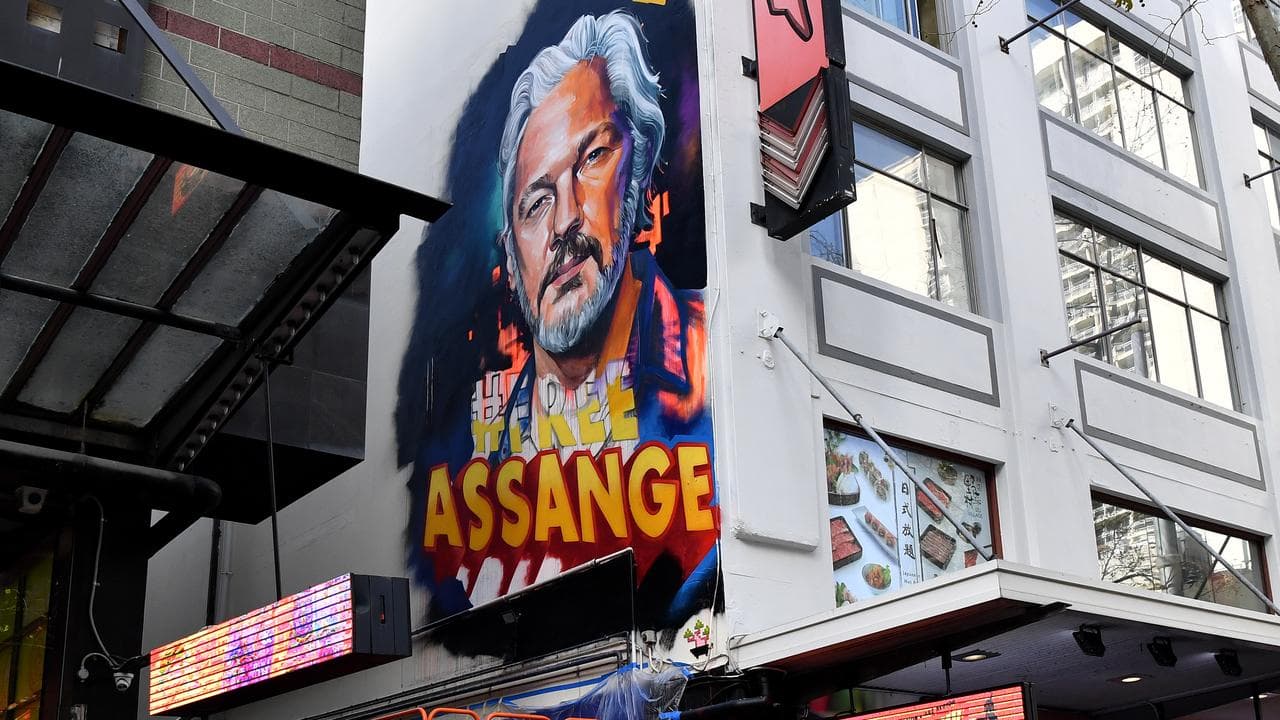
Julian Assange supporters are urging Australia's senior ministers to push for the WikiLeaks founder's release from prison when they meet officials from the United States.
Prime Minister Anthony Albanese joined his defence and foreign affairs ministers at meetings with the US secretary of state and defence secretary in Brisbane on Friday.
Further meetings will take place over the weekend.
The brother for Mr Assange, Gabriel Shipton, said the talks were one of the last face-to-face meetings between the ministers before the 51-year-old faced extradition from England to the US.
“Julian is inches away from extradition to the USA," Mr Shipton said in a statement.
"The meeting between the secretary of state and the prime minister could be the last chance to put a stop to Julian’s nightmare."
Assange has been held in prison in London since 2019, after thousands of documents were leaked in 2010 about US operations in the Iraq and Afghanistan wars.
In 2021, a British judge ruled Assange not be extradited to the US due to concerns for his mental health, but the decision was overturned on appeal.
While Mr Albanese has previously raised Mr Assange's plight with US President Joe Biden, Mr Shipton said the case needed to brought to attention at the latest talks.
"Each day the US administration ignores the Australian public on Julian’s freedom it becomes clearer and clearer Australia’s true standing in the alliance," he said.
US ambassador to Australia Caroline Kennedy said she understood the concerns raised by Assange supporters.
"For Julian Assange, it means a lot that he has this kind of support, but we're just going to have to see what happens," she told ABC Radio.
"This has been raised at the highest levels of our government, but it is an ongoing legal case, so the Department of Justice is really in charge."
Opposition foreign affairs spokesman Simon Birmingham said relations between the US and Australia would not be damaged if Mr Assange's plight was raised.
"No doubt it would be in everybody's best interest to see the matters resolved more expeditiously than has proven to be the case so far," he said.
"Obviously a lot of the delays in the Julian Assange case that has dragged on for so many years have in part been a function of Mr Assange's own decisions, including the very long period of time that he chose to put himself in the Ecuadorian embassy in London and avoid any type of legal proceedings."




